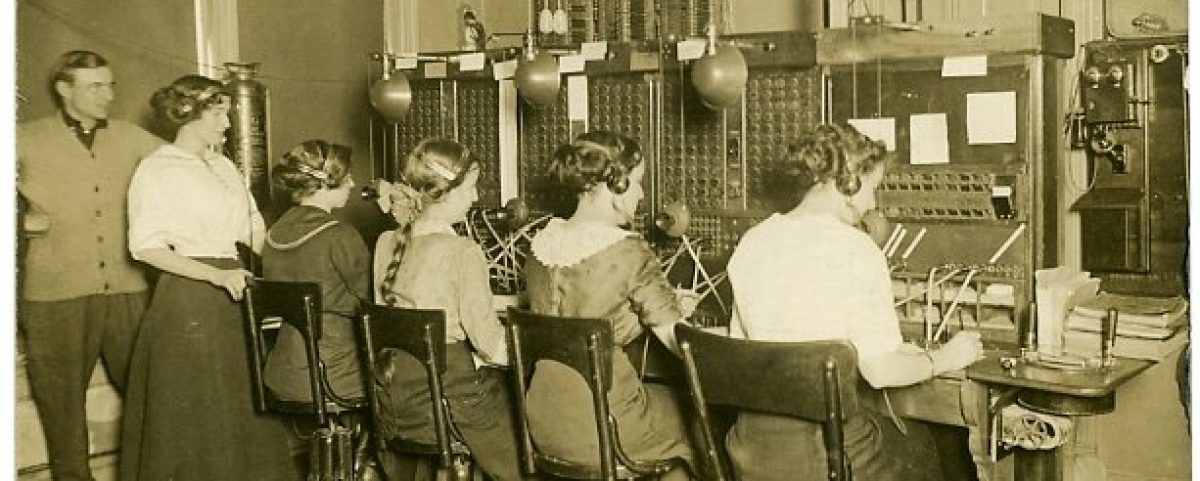During a recent semester, Lisa Hutchings, a student in my African American history class at Wilmington University, embarked on a research project that delved into the remarkable story of Stephen Handy Long and his impact on the education of Black children in Worcester County, MD. However, as she dug into primary and secondary sources, pored over archives materials, and interviewed people, she stumbled upon a distressing revelation. Professor Long, who oversaw African American schools in Worcester County, met a tragic end on the streets of downtown Pocomoke City.((Lisa Y. Hutchings, The Legacy of Stephen Handy Long,” Wilmington University Research Paper, Fall 2020))
Unraveling the events, Lisa discovered that in September 1921, Professor Long intervened in a situation where a white farmer, granted legal guardianship of two Black children, refused to allow them to attend school. Despite his effort to resolve the issue, the “supervisor of Worcester County Colored Schools” was unable to secure the children’s attendance, prompting him to notify the Orphans’ Court. As was common during the post-Civil War era, children of color were often placed under the guardianship of white farmers.
School Supervisor Murdered
After the court took the children, the farmer and his brother held Professor Long responsible for the loss of labor, resulting in a fateful encounter on September 13, 1921. As Professor Long walked home from the Pocomoke City Colored Fair with his twelve-year-old daughter (Jessie), John and William Pilchard confronted him, leading to the educator sustaining two fatal knife wounds. ((Worcester Democrat and the Ledger-Enterprise, (Pocomoke City, MD.) Sept. 17, 1921, 1))
Stephen Handy Long, born in Pocomoke City after the Civil War in 1865, spent his formative years in Boston, Massachusetts. After graduating from Lincoln University in 1893, he returned to the Eastern Shore to pursue a career in teaching. In 1914, he became the first supervisor of colored schools in Worcester County.
Manslaughter Conviction
After the State of Maryland charged John Pilchard with murder, the Baltimore Sun reported that he was the first white man indicted for the first-degree murder of a Black person in Worcester County. Defense lawyers successfully obtained a change of venue, moving the trail to Dorchester County. The daughter’s testimony was critical for the prosecutors as the Pilchards said eight Black men jumped them.((Baltimore Sun, “To Face Court Today for Death of Negro,” Oct. 24, 1921, 2))
When the Dorchester County Jury brought in a verdict of guilt for manslaughter, the panel recommended clemency. The Maryland and Herald on Nov. 29, 1921, stated that the jurors deliberated for three hours and could not agree on a charge of murder in the first degree, the vote standing eight to four for acquittal, so they settled on manslaughter. The judge sentenced Pilchard to three years in the House of Corrections.((Maryland and Herald, Nov. 29, 1921))
The Baltimore Afro-American editorial noted the irony of the sentencing: Had Pilchard been colored and Long white, there would have been a different story to tell at this trial. “Even now, Cambridge would be asking the governor to set an early day for execution.”
Lisa’s research project on Stephen Handy Long’s impact on the education of African American children in Worcester County was a memorable and poignant experience for everyone in the class. Her in-depth scholarship uncovered a tragic revelation about Professor Long’s untimely death due to his advocacy for equal education opportunities for Black children.
As a descendant cousin of the professor, Lisa noted that she knew very little about Stephen Long when she started her investigation. Sharing his life’s story was an honor and privilege she did not take for granted as she learned much about the dedicated educator and his untimely loss, she wrote in the research paper.
The presentation was a reminder of the sacrifices made by those who fought for the rights of Black children to receive an education, and it left a lasting impression on everyone who attended the class. The student-scholar’s dedication to the project and her powerful presentation were a testament to the importance of learning and sharing history to understand and address contemporary issues of inequality and injustice.
The loss of this dedicated educator was a significant blow to the Black community, who were struggling under the oppression of Jim Crow in the 1920s. Professor Long advocated equality, civil rights, and education for people of color. This was a chilling example of the adversities African American individuals faced in their pursuit of education and equality before the modern civil rights movement.
Researching the Past – A Course Requirement
My classes require students to do applied research projects that involve working with original traces of the past and oral history (when applicable). This approach allows students to better understand historical events and their impact on people’s lives. It also encourages students to explore different perspectives and critically analyze the information they gather. Lisa’s original research project was a prime example of how meaningful and powerful applied research or history labs can be. Through research, the student uncovered important information about a tragic event in history, and this presentation left a lasting impression on everyone who attended
The researcher, Lisa Hutchings, demonstrated an impressive grasp of the era’s intricate historical events, figures, and underlying dynamics around this complicated era. Employing thorough analysis, this scholar expertly researched and crafted the narrative. This well organized, engaging, and emotionally compelling, account is something the members of the class won’t forget. And from the class standpoint, these skills of intellectual inquiry are things they won’t forget as they will carry the applied competencies into their professional careers.
Visting Pocomoke City
Although this presentation occurred two years ago, it was something I never forget — nor would anyone in the class — so since I was in Somerset and Worcester counties doing fieldwork for another project, I visited the grave where Professor Long was laid to rest and some of the historic spots connected with this civil rights advocate.
Like this:
Like Loading...





